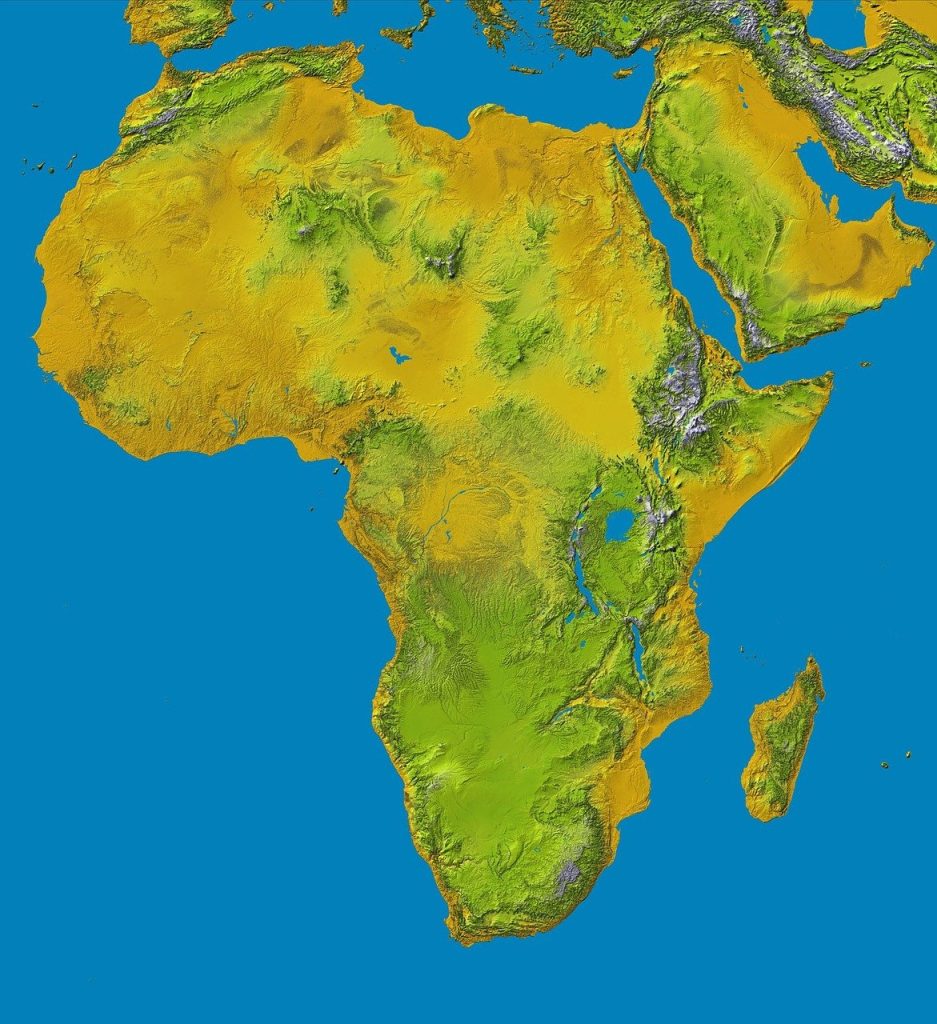Africa, a continent abundant in cultural diversity and heritage, boasts a vibrant array of music genres that showcase its dynamic traditions and contemporary innovations. African music, characterized by its distinctive rhythms and melodies, has not only captivated audiences within the continent but has also left a lasting impact on global music trends. Let’s delve deeper into some of the most popular music genres in Africa.
Afrobeats
Originating from Nigeria and Ghana, Afrobeats is widely considered to be the most globally recognized African music genre in contemporary times. This genre seamlessly fuses traditional African rhythms with elements of Western pop, hip-hop, and electronic music. Renowned artists such as Wizkid, Burna Boy, and Davido have played a pivotal role in propelling Afrobeats to international stardom, solidifying its presence on global music charts. Known for its infectious beats, vibrant melodies, and poignant themes that often mirror the socio-political landscape of Africa, Afrobeats continues to captivate audiences worldwide.
Highlife
Highlife is a genre that originated in Ghana in the early 20th century, combining traditional Akan music with Western jazz and brass band sounds. Known for its upbeat and jazzy tunes, Highlife has gained popularity across West Africa, particularly in Ghana and Nigeria. Renowned artists such as E.T. Mensah and contemporary musicians like Kojo Antwi have continued to uphold the Highlife tradition, infusing it with modern influences to resonate with new generations of listeners.
Amapiano
Amapiano, a burgeoning genre that originated in South Africa, has swiftly captivated the continent with its unique sound. This genre is a fusion of deep house, jazz, and lounge music, characterized by ethereal synths, expansive basslines, and a deliberate tempo. Amapiano has swiftly risen to prominence in the South African music landscape, with notable artists such as Kabza De Small and DJ Maphorisa spearheading its growth. Its irresistible rhythms and danceable beats have not only garnered widespread popularity in Africa but have also resonated with audiences globally.
Soukous
Originating from the Democratic Republic of Congo, Soukous, also known as Congo music, is a vibrant genre that has evolved from rumba. Characterized by fast-paced guitar melodies and lively rhythms, Soukous gained immense popularity in the 1980s and 1990s, propelled by iconic figures such as Papa Wemba and Koffi Olomide. The genre’s energetic dance beats have remained a staple at parties and celebrations throughout Africa, captivating audiences with its infectious rhythms and dynamic melodies.
Afrobeat (distinct from Afrobeats)
Afrobeat, pioneered by the legendary Fela Kuti in the 1970s, stands apart from the more contemporary Afrobeats. This genre seamlessly blends traditional Yoruba music with elements of jazz, highlife, funk, and chanted vocals. Fela Kuti utilized Afrobeat as a vehicle for political activism, infusing his lyrics with poignant commentary on social issues and corruption. The genre’s intricate rhythms and profound messages serve as a wellspring of inspiration for modern-day artists and audiences alike.
Bongo Flava
Bongo Flava, Tanzania’s response to hip-hop and R&B, has emerged as a prominent genre in East Africa. Originating in the 1990s, Bongo Flava combines American hip-hop with traditional Tanzanian music. Renowned artists such as Diamond Platnumz and Ali Kiba have propelled Bongo Flava to the forefront of the East African music scene, celebrated for its infectious melodies and relatable lyrics.
Mbalax
Mbalax is a renowned Senegalese music genre that blends traditional Wolof music with elements of jazz, soul, and Latin music. The genre rose to global prominence thanks to the contributions of Youssou NDour, whose distinctive sound and captivating vocals have propelled Mbalax to widespread acclaim in Senegal and beyond. Mbalax is revered for its intricate rhythms and the integration of traditional instruments such as the sabar drum.
Conclusion
Africa’s music scene is incredibly diverse, showcasing the continent’s rich cultural heritage. From the infectious rhythms of Afrobeats to the soulful tunes of Highlife and the cutting-edge sounds of Amapiano, African music is constantly evolving and making a significant impact on the global music landscape. As these genres gain more recognition, they not only entertain but also provide a window into the vibrant cultures and narratives of Africa.


